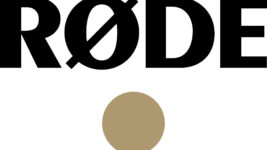News
9 Jul 2024
Behind The Scenes of Smokefree Rockquest
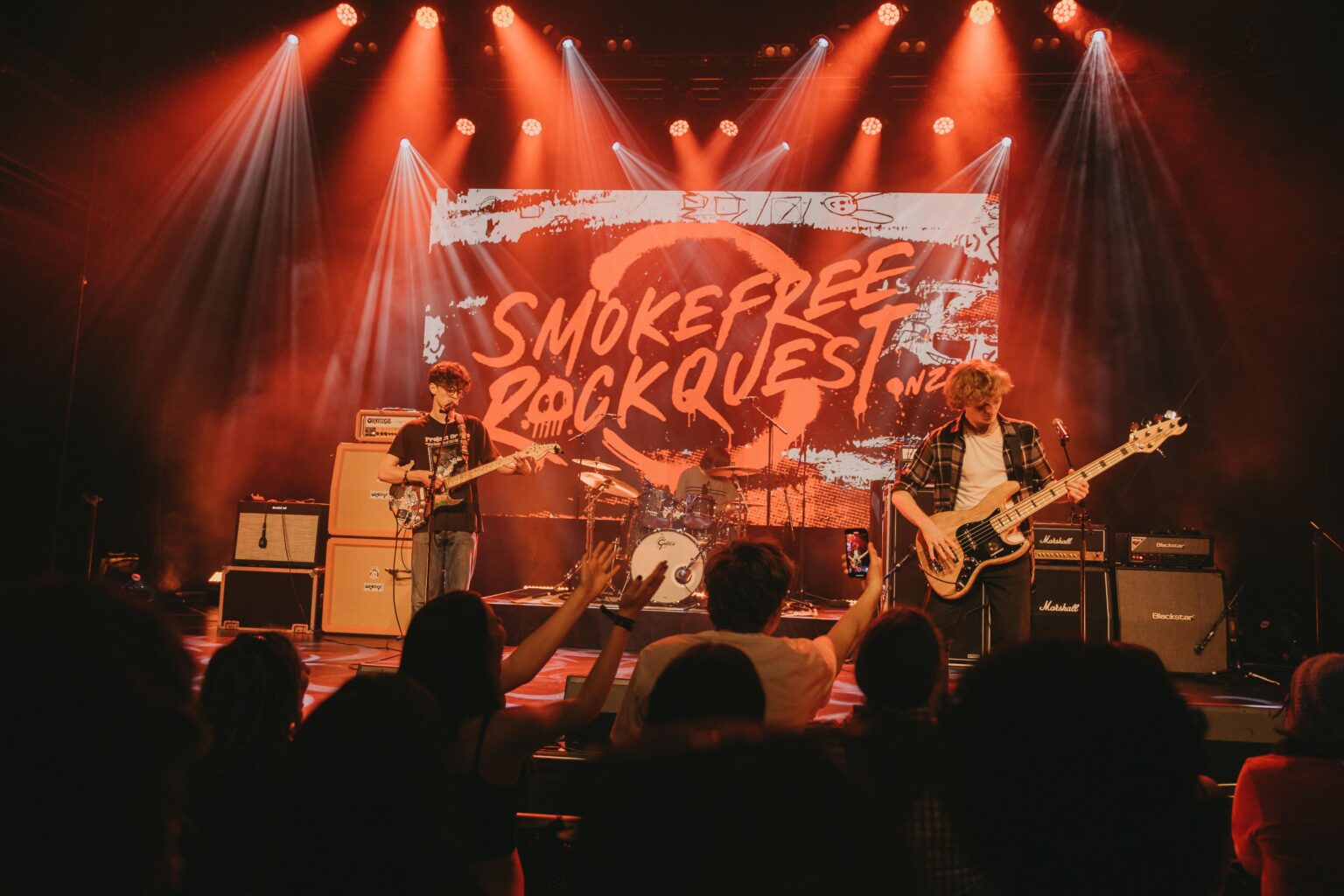
Subscribe to CX E-News
The last two months saw forty-five regional heats of Smokefree Rockquest take place across New Zealand. Over 3,100 participants entered, the largest number to date, with audiences approaching 20,000. Regional finals are now underway as artists battle to reach the national final and win musical equipment from the Rockshop and a recording and music video from NZ on Air. These young artists follow in the footsteps of some of New Zealand’s most iconic bands including Bic Runga, Anika Moa, Marlon Williams, Aldous Harding, L.A.B, and Kimbra, a number of whom were internationally signed as a result of their performance in the national final.
Pete Rainey and Glenn Common, two visionary Christchurch high school teachers, took over running the then local performance competition back in 1989. Recognising the impact that the opportunity to play on a professionally equipped stage had on young artists they created Rockquest Promotions. By 1990 Rockquest had gone national, government funding supporting the addition of four more regional centres. A year later Smokefree became a major sponsor, combining the opportunity for young musicians and support for original New Zealand music, with a strong public health message.
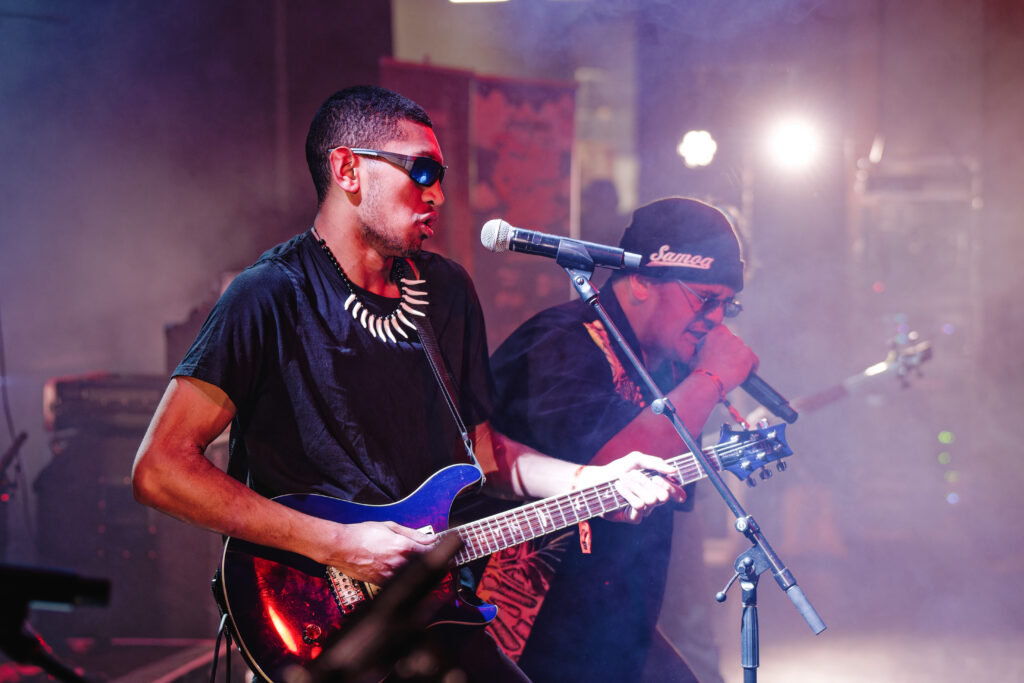
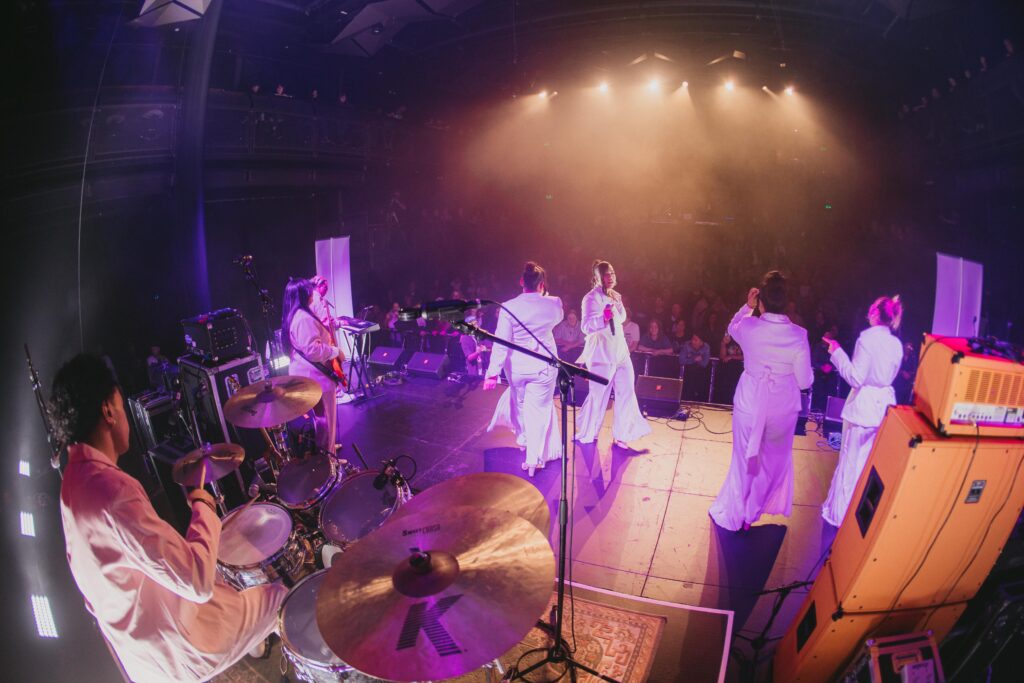
We caught up with Glenn Common to talk production of 45 regional heats, “A typical day varies depending on the venue and the type of event, but a regular Saturday heat is pack-in from nine in the morning, first acts arrive about 11, and then we kick off 30 minutes later. At the heats acts only play one song, so with up to 70 acts in a day, we run to eight acts per hour.”
Regional finals are equally fine-tuned, “A typical final is pack-in from one, guest act and system soundcheck at four, show from seven, 12 acts, two songs each, a guest act whilst judges deliberate, prize giving by 10, pack out by 12, and repeat!”
Glenn and Pete run a well-oiled machine with good systems to ensure that all the acts have a smooth experience and get to have their moment on stage, “There are a lot of acts so our teams run a four act system; one act performing on stage and three acts getting ready. The next act up will be side of stage with a stage manager; the following two will be checking in with the Rockshop team, getting tuned and putting together a stage plot that will be given to the stage manager. The event team all work together to ensure people are where they need to be, whilst allowing for some movement as is inevitably required on show day. We can easily move bands around, add components such as webisode filming or mentoring as required.”
Operating out of two physical offices based in Tāmaki Makaurau (Auckland) and Whakatū (Nelson), three teams run the event schedule: Northern (From Whangarei to Rotorua), Central (from Gisborne to Wellington), and the South Island, “Each team is produced differently. The Northern Team utilise Audio Production and Stage Management by McMusic (Tony McMaster ) with lighting usually provided in house through the venues. The Central Team utilise Audio Progress (Malcolm McKinnon) out of Palmerston North for audio and lighting, except for Gisborne, where we use The Soundcrew and Creative Lighting Design. The Southern team has much greater traveling distances so utilise a large number of regionally based suppliers including Sonosound, Strawberry Sound, The Sound People, A&C Lighting, Rage Audio, Entertainment Solutions , Southern Lights, and Callum Hampton. Three sets of identical backline provided by the Rockshop stays, tours and freights with each team.”
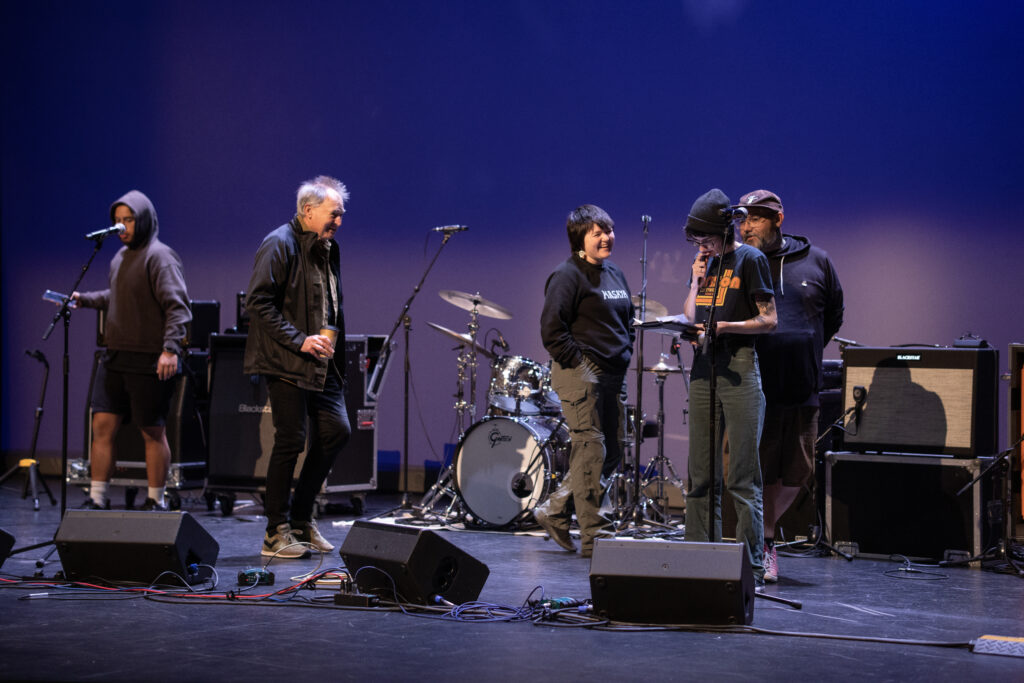
Using the same backlines means that they can provide a substantial and consistent stage set up, exactly the same throughout all of the regional events, “This is how we get so many acts on stage in a very tight timeframe. There are compromises needed to achieve a viable programme, and we think we’ve got the balance right, although it isn’t a perfect fit for all acts. With Marshall, Orange and Blackstar guitar rigs, there’s something there for most styles!”
The challenges are similar to any major event, “The days are long, especially at the heats in larger regions and breaks for crew and judges are important. For extra-long days, we will bring in a second judging team or split over two days.”
Outside of production the other for issue for the team these days is booking the venues, “Although we tend to use the same venues, and often, there are not viable alternatives, getting bookings that fit a good flowing tour schedule is becoming much harder. Our capacity requirements for each region fluctuate from year to year, also making selecting the right venue in advance challenging. I would love to see more purpose built and well equipped venues available, like University of Canterbury Student’s Association have in Christchurch.”
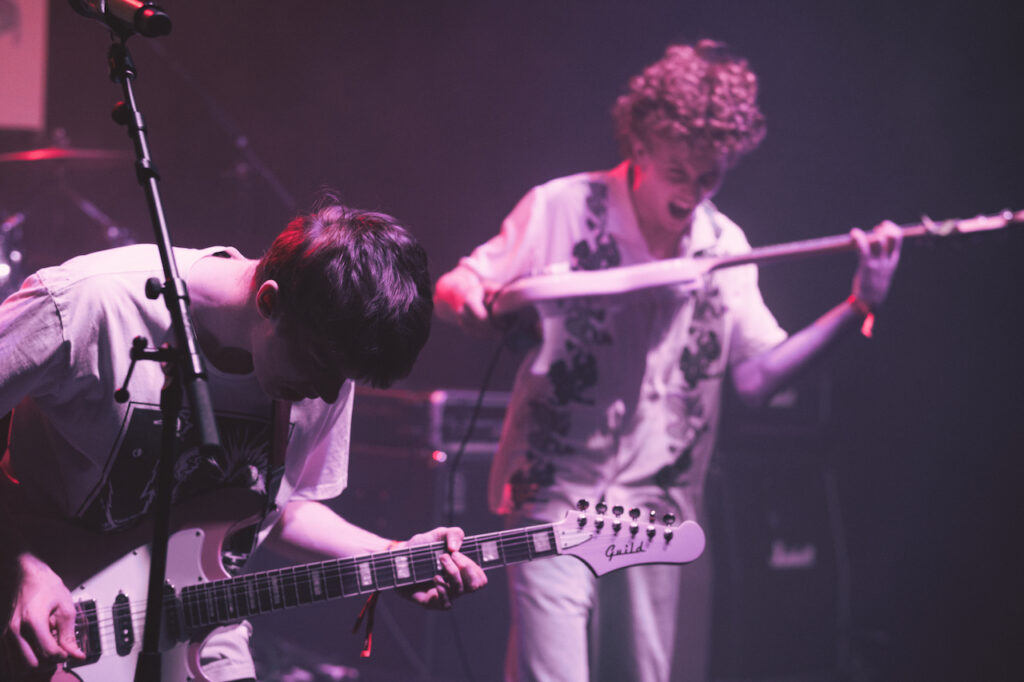
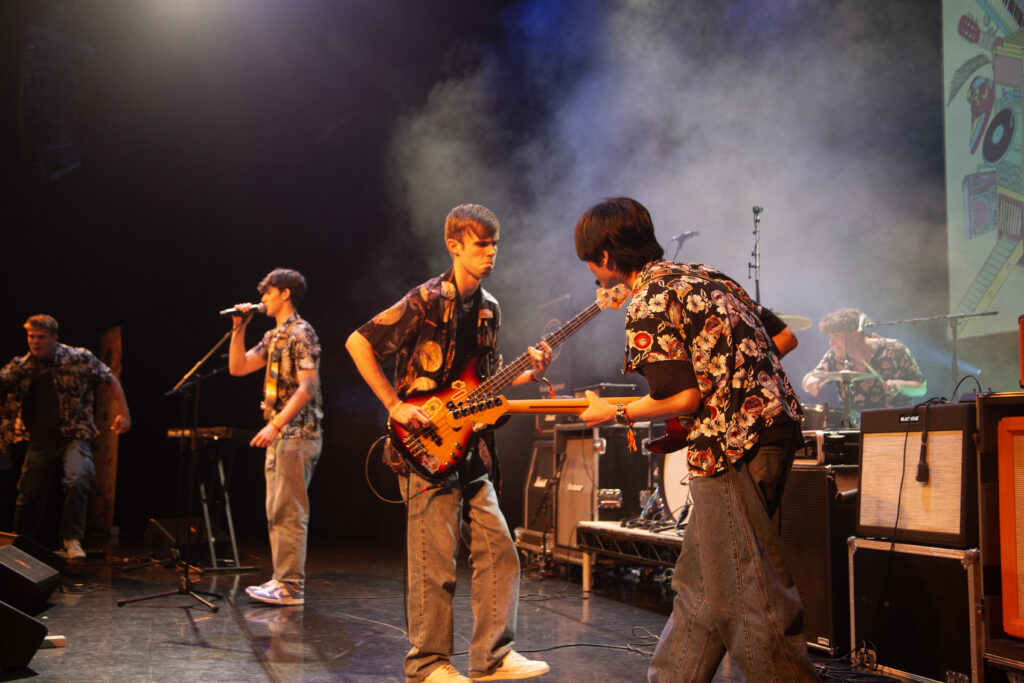
Glenn puts the production team’s success down to their kaupapa (set of values), “A big aspect of what gives us great ability to roll with the challenges that come up, and it’s inevitable they will, is having a strong kaupapa. We have a really clear idea of what we are aiming to achieve, and we focus on nailing the basics. The most important thing is that we are able to offer this platform for young people to perform and all our decision making revolves around that. When challenges come up, like cancelled flights for team members, sickness, or technical difficulties, we know what needs to happen, and we figure it out. A strong kaupapa allows us to prioritise well.”
After 35 years Glenn remains as passionate as ever, still relishing the joy of the artists’ experience of live entertainment, “The expressions on the faces of the students when they come off stage after their regional final performances do it for me. They don’t always go to plan, but almost universally, you can see that they’re hooked on the performing buzz.”
Subscribe
Published monthly since 1991, our famous AV industry magazine is free for download or pay for print. Subscribers also receive CX News, our free weekly email with the latest industry news and jobs.





